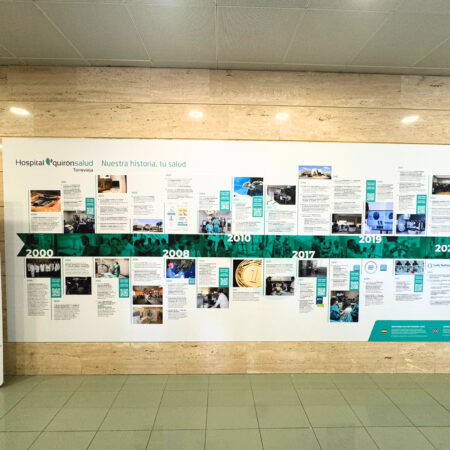Spanish and French police, working in coordination with Europol, have dismantled a well-organised criminal network accused of smuggling more than 1,000 migrants from North Africa into Europe using commercial air and land routes. The operation, codenamed Belion, culminated in seven arrests, including two brothers of Spanish-Moroccan nationality believed to be the ringleaders.
The suspects are accused of facilitating the illegal entry of individuals—mostly of Algerian origin—into Spain, France, and the United Kingdom. According to investigators, the group specialised in obtaining fraudulent documentation, particularly French and Belgian identity cards, which allowed migrants to board flights and cross borders undetected.
Once inside the Schengen zone, the migrants were transported to Spain via airports or overland by truck. Some victims were later moved on to other EU countries or the UK, often under dangerous conditions and at considerable personal cost. Police believe the gang charged between €3,000 and €6,000 per person, depending on the route and forged documents provided.
The joint investigation involved Spain’s Policía Nacional, France’s Police Nationale, and Europol’s European Migrant Smuggling Centre. Raids were carried out in Madrid, Zaragoza, and Valencia, as well as several French cities. Authorities seized mobile phones, laptops, forged IDs, cash, and several vehicles believed to have been used in cross-border operations.
According to Europol, the network operated with a cellular structure, with members assigned distinct roles: document providers, recruiters, transport coordinators, and money handlers. This structure allowed the gang to operate across national borders while remaining difficult to trace.
In a statement released today, Europol praised the operation as “a significant blow to organised migrant smuggling in Western Europe,” noting that the group had been under surveillance for over eight months. The Spanish Interior Ministry added that the arrests reflect the country’s commitment to dismantling “the criminal economies that prey on vulnerable people.”
Those arrested now face charges including facilitating illegal immigration, document fraud, membership of a criminal organisation, and money laundering. Judicial proceedings have been initiated in both Spain and France. If convicted, the suspects could face lengthy prison sentences.
The operation also highlighted growing concern within EU member states about the resurgence of well-funded smuggling networks exploiting loopholes in the legal travel system — particularly the use of genuine documents acquired under false identities or stolen from EU nationals.
This case comes just weeks after another large network was dismantled in Murcia, suggesting a regional pattern and prompting calls for greater coordination between national and European border agencies.












No Comment! Be the first one.